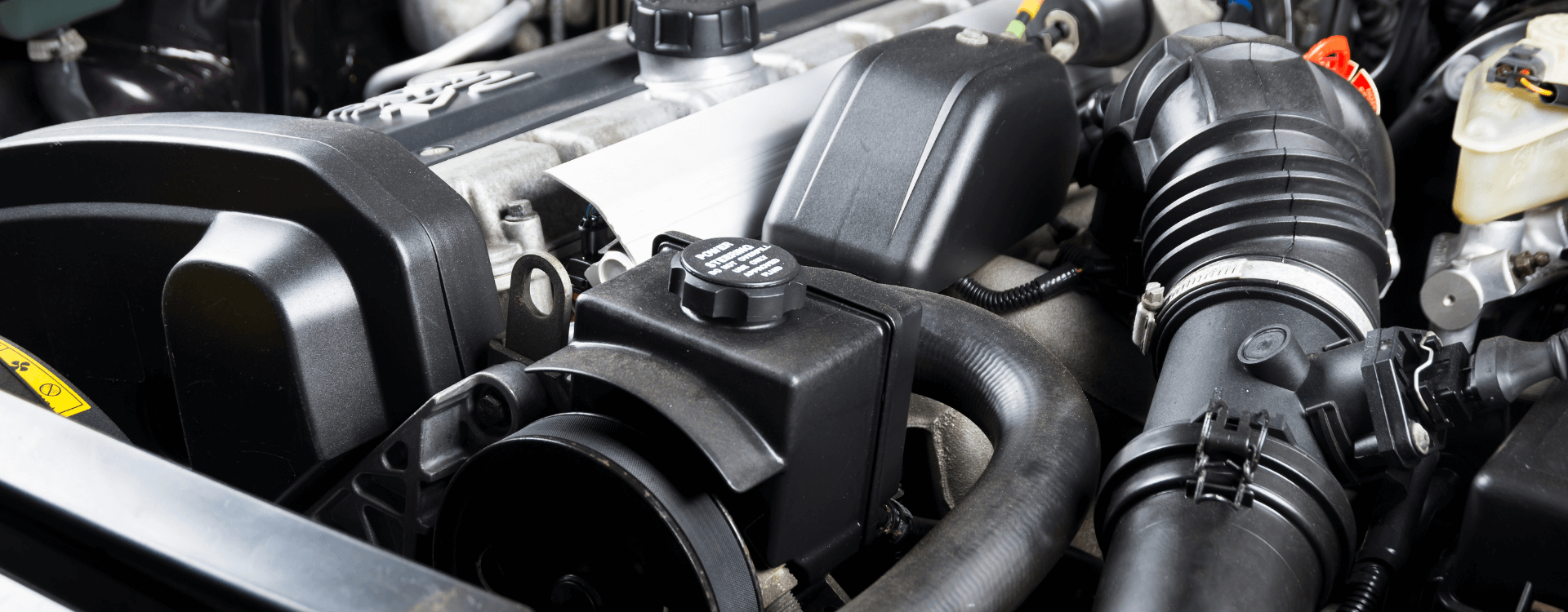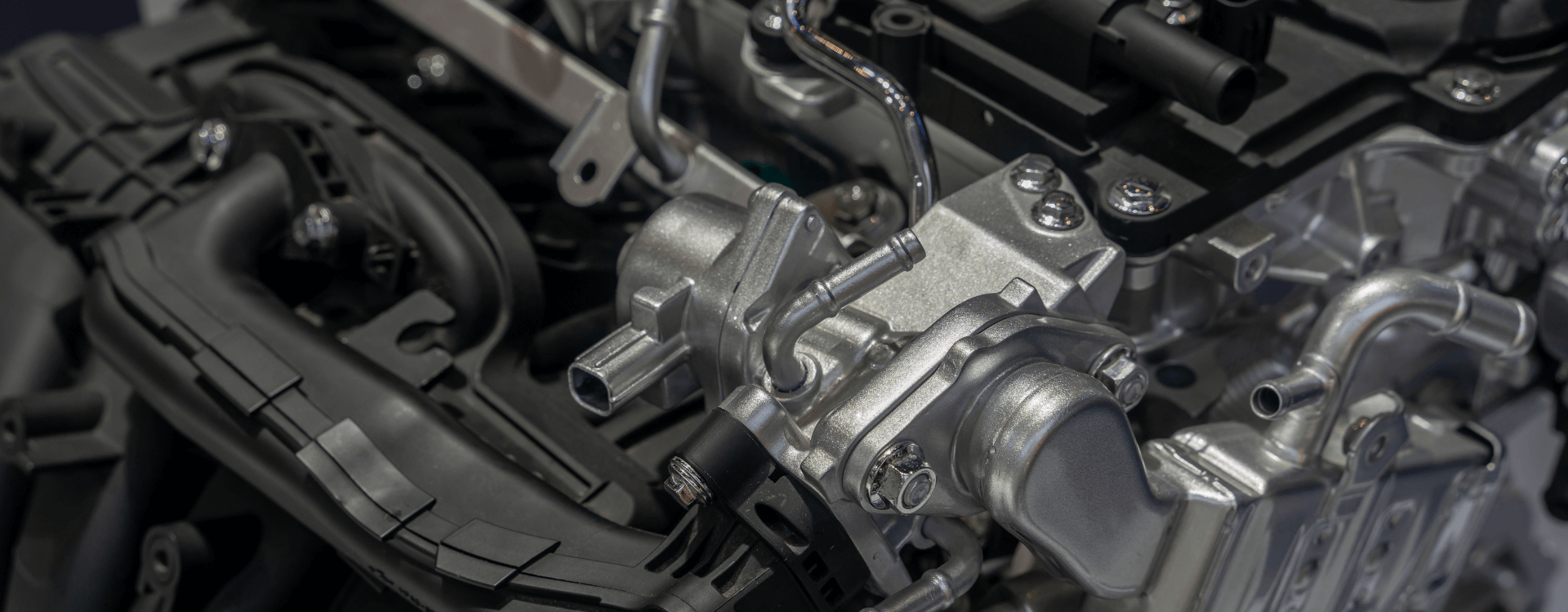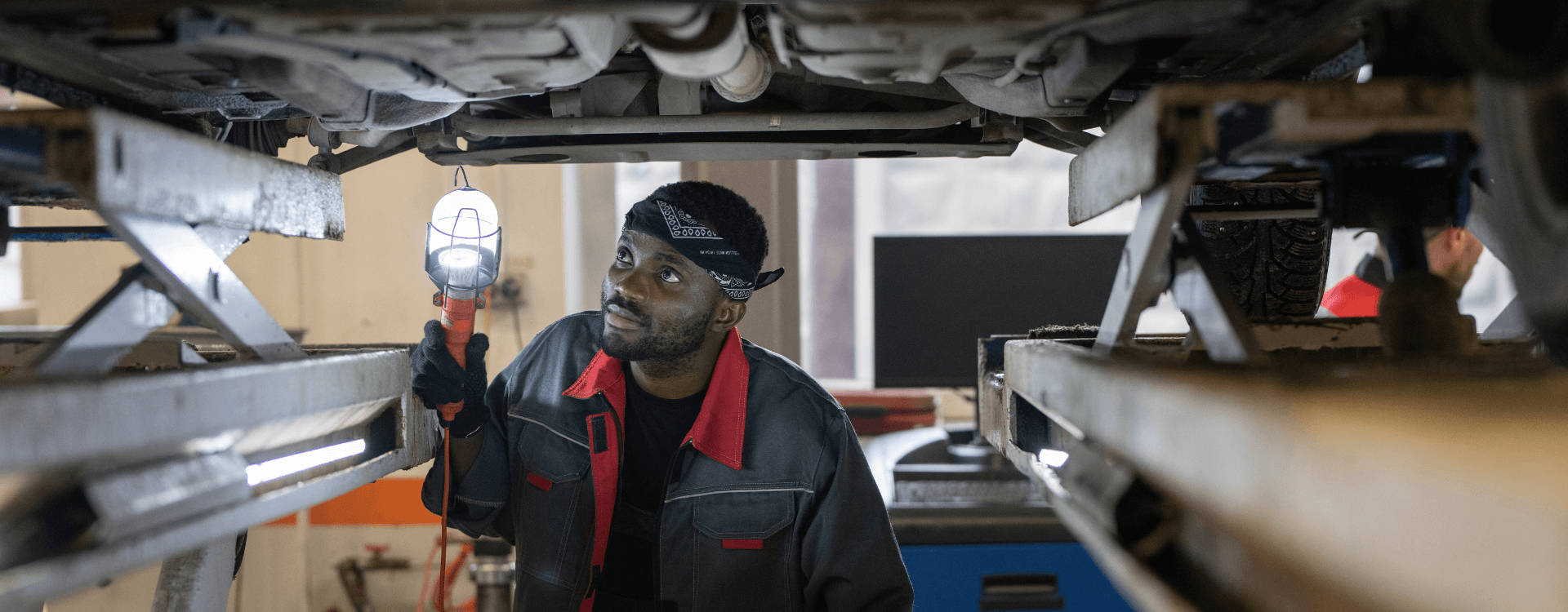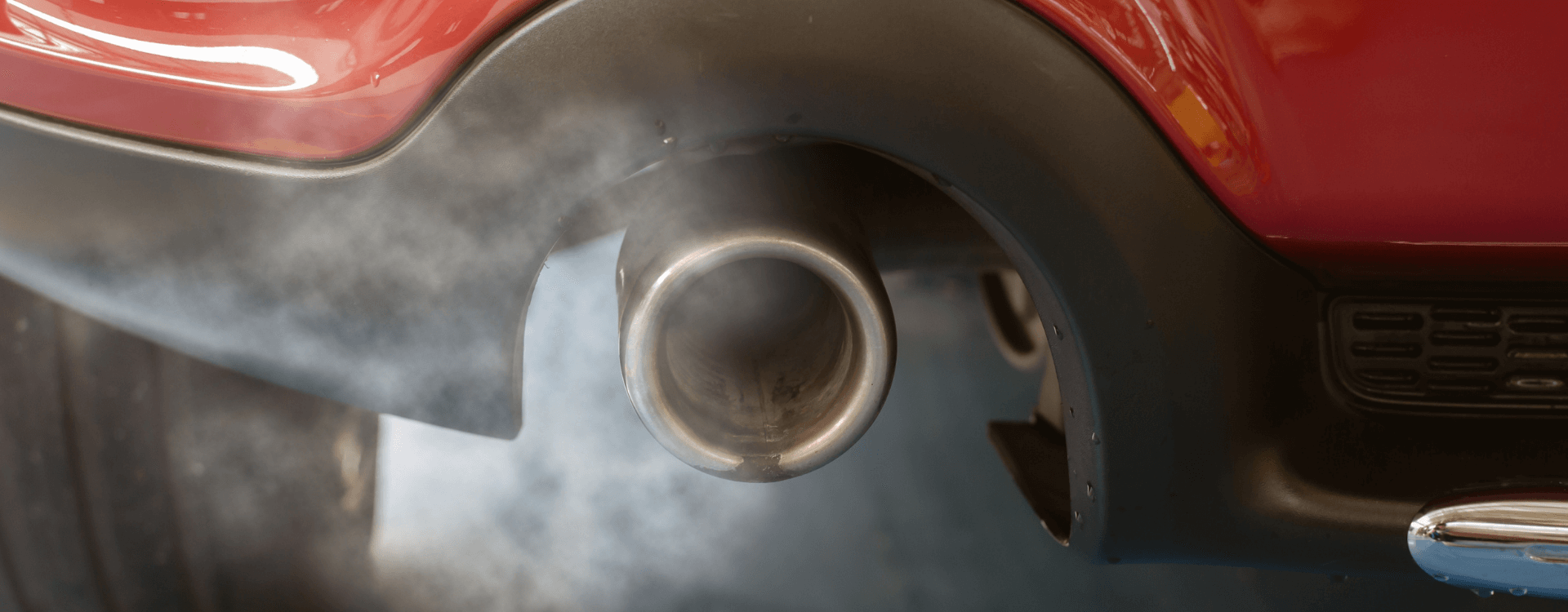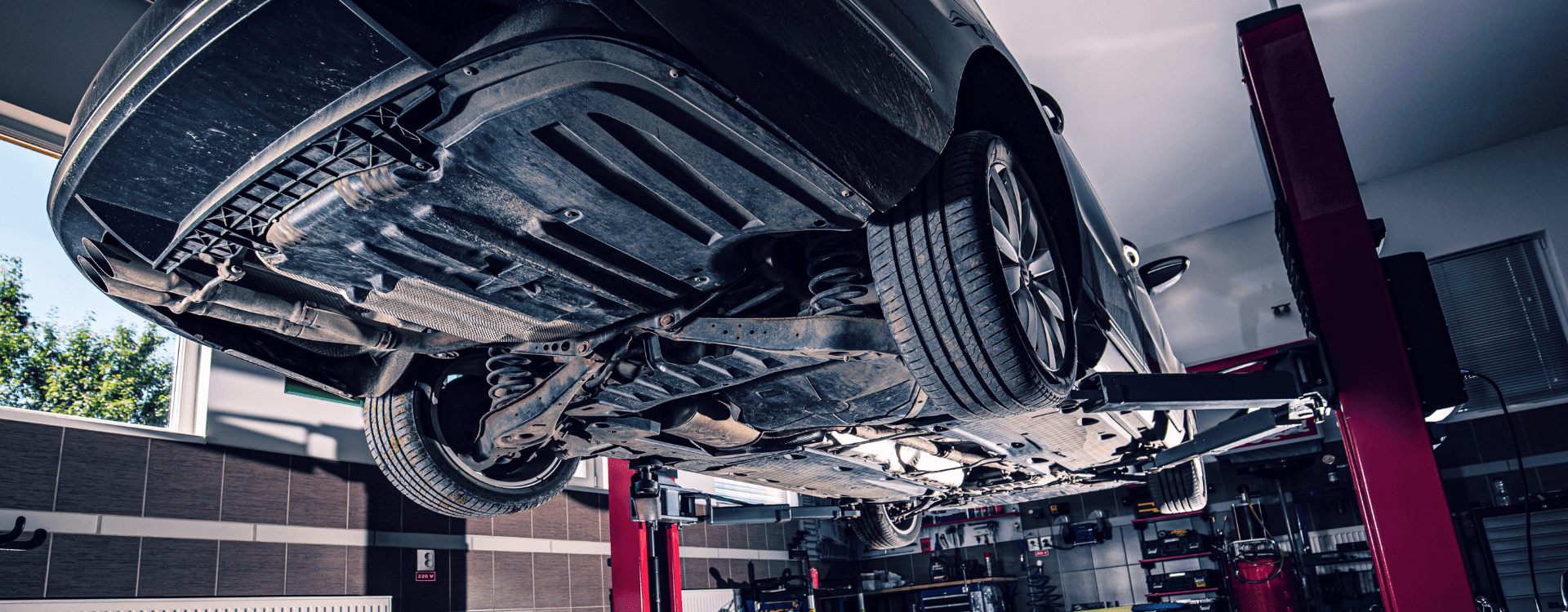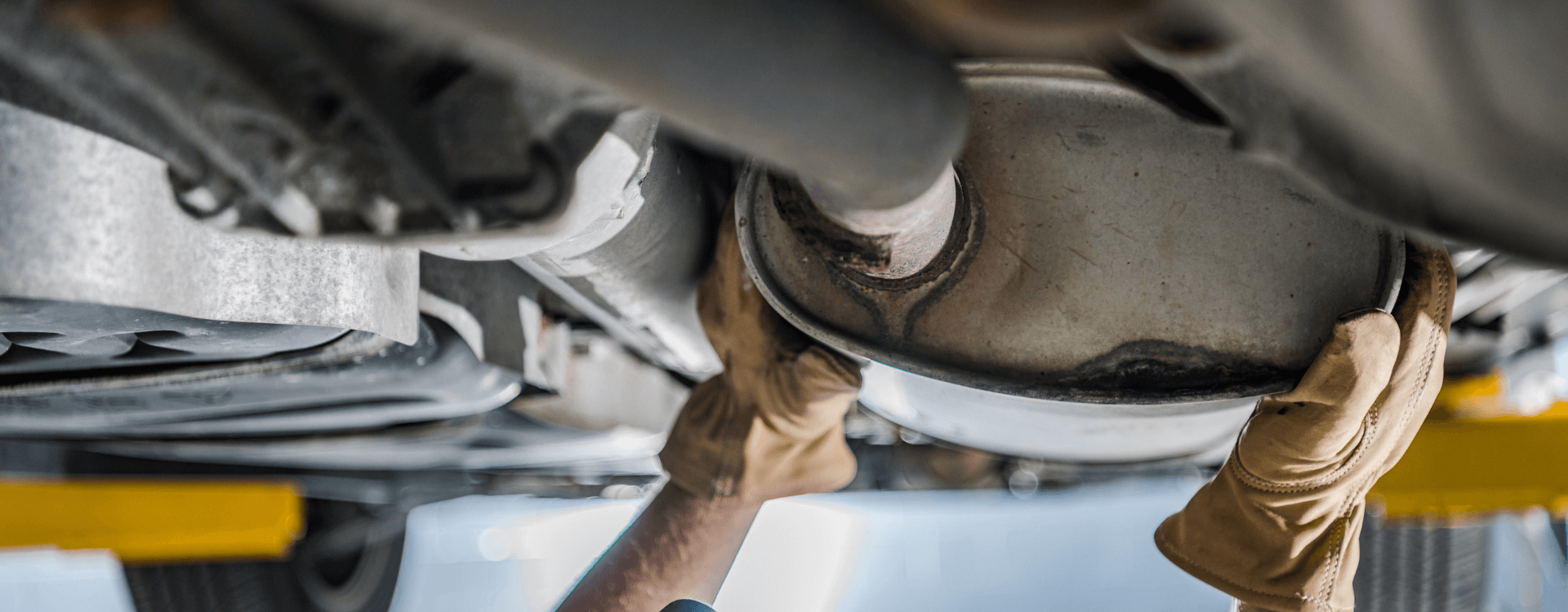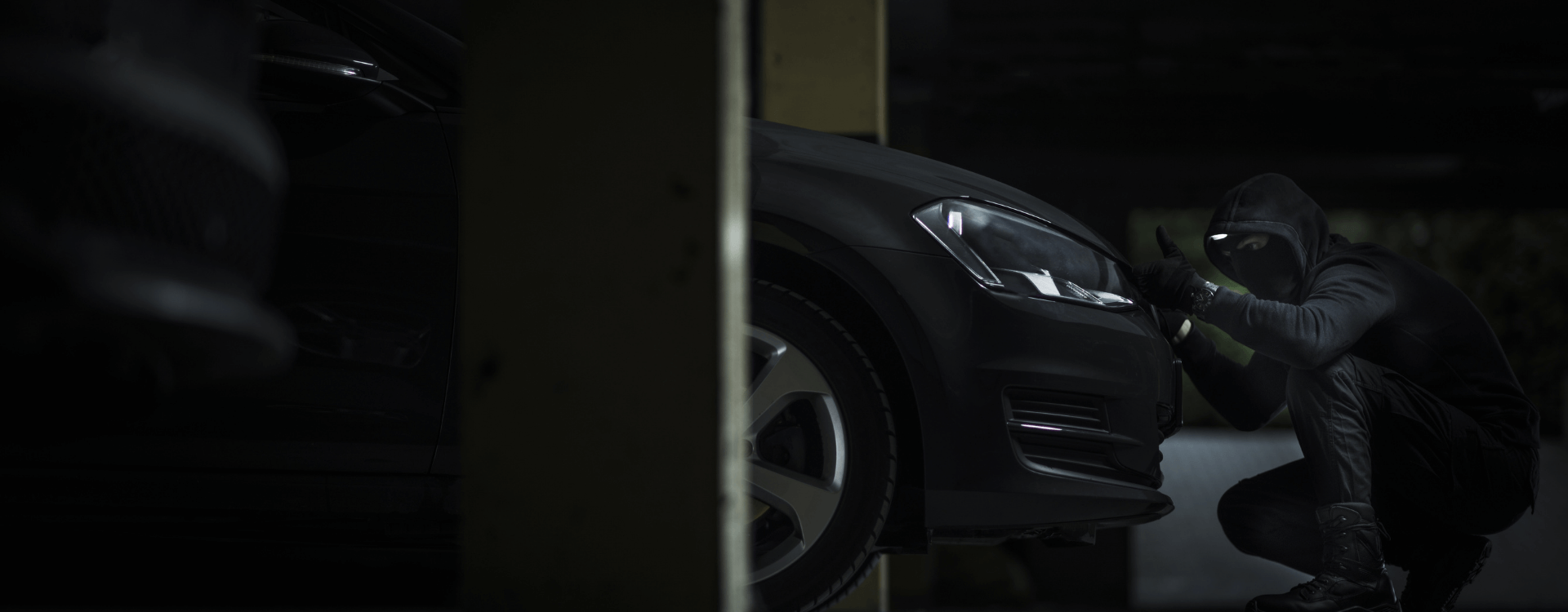
Catalytic converters and DPF theft, who benefits from the crime
Look no further for the next Valentine's Day gift, a DPF or a catalyst will do just fine. If your loved one is unsympathetic to this gesture, it's because he or she doesn't know the value of such a gift. Indeed, these coins are made of precious metals that are rarer and much more expensive than gold. What is rare is expensive and what is expensive is coveted. Theft of catalytic converters and DPF is increasing in Europe and the United States. They are even increasing in a worrying way and the television news regularly devotes a report to this theme. Which car models are concerned ? Who benefits from the crime ? Krosfou takes stock of this phenomenon which, unfortunately, does not only happen to other people.
The reasons for such a craze
Precious metals against pollution
Catalysts and DPF contain rhodium, palladium and platinum. The automotive industry is making increasing use of these precious metals which are particularly resistant to oxidation, acid and corrosion. Their properties are such that there is no alternative to replace them. These 3 fantastic are unrivalled in their ability to filter fine particles from exhaust gases.
Rhodium is worth about 7 times more than gold. Used in the automotive industry, but also in chemicals and jewellery, 85% of it comes from South Africa. The sector is under real pressure, as demand is constantly increasing, mainly for lining catalytic converters. Environmental standards are becoming increasingly stringent, and even emerging countries are demanding it. This increased demand is a breeding ground for organised theft.
Palladium, meanwhile, comes from Russia, South Africa and Canada. It also outperforms gold and is used mainly in the manufacture of catalysts.
Palladium is the most important metal in the world.
Platinum is the best known of the three precious metals. South Africa is the world's leading miner of it.
But who benefits from the crime ?
A gram of platinum costs €25, count €60 for palladium and €400 for rhodium, making it the most expensive metal in the world (source: Autoplus). Given that one jar contains up to eight grams of metal, it doesn't take much to whet the appetites of the unscrupulous, but frighteningly well organized.
French authorities regularly get their hands on criminal networks from Eastern European countries. They form gangs and organise raids in a very targeted manner. The stolen coins are then sold to emerging countries, which are in great demand.
Catalyst and DPF theft : fighting the scourge
If there was a miracle recipe, we wouldn't keep it to ourselves, you can imagine. We can only recall the basic advice regularly given by the forces of law and order :
- Store your car in a closed garage as much as possible ;
- position your vehicle in such a way as to hinder the thieves' manoeuvre as much as possible, against a wall for example ;
- Don't leave your car in a dark place with little light.
Also check with your insurer that the theft of the catalytic converter is included in your package, this will save you expensive repairs in case of misfortune.
If you want a more muscular and truly effective response, turn to the US. US site CatClamp offers cables designed to aerospace standards. Designed for catalytic converters and DPF, they wrap around the exhaust line to attach the part to the vehicle chassis. The cable cannot be cut, so thieves have to give up their prey. Some brands also offer anti-theft shields and vehicle lift alarms.
A phenomenon of such magnitude, however, deserves a large-scale response. According to the Caradisiac website, Toyota has decided to combat catalytic converter theft and is seriously tackling this scourge. The Japanese manufacturer has decided to mark the catalytic converter of 100 000 vehicles, in order to ensure the traceability of parts. This measure seems to concern only the UK for the moment. Let's hope that the other manufacturers will follow suit quickly and generalise this process to all affected countries.
The most prominent models
The car model itself does not matter, the important thing is that the part is easily accessible. SUVs and vans are therefore a thief's delight, due to high ground clearance. Hybrid vehicles are also highly sought after, as Prius owners have bitterly observed. Hybrids contain more precious metals than other catalytic converters, and these are less stressed and therefore less damaged.
When watching CCTV footage of thieves at work, it is startling how simple the operation is, requiring only a small hacksaw. It often takes less than 5 minutes to saw the catalytic converter or the DPF from one side to the other. The pipes remain under the vehicle, so the unwary won't be bothered with unnecessary scrap metal either.
Offenders sometimes go much further by attacking companies that recycle catalytic converters and diesel particulate filters. They do not hesitate to smash up warehouses with ram cars, and in less than a minute are able to break into a company and estimate whether or not there is any merchandise to take away.
Theft of catalytic converters and DPF is a scourge that spares no region of Europe and continues to grow. In the absence of a comprehensive and far-reaching response from car manufacturers, you are left to choose the method you feel is most effective in protecting your vehicle.

